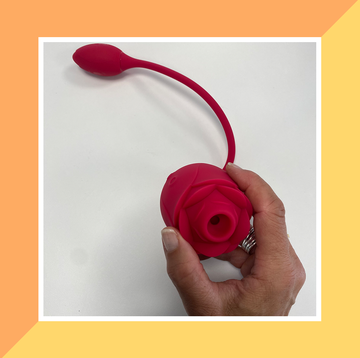We all know that spending an entire weekend slumped in front of the television isn't exactly an advert for healthy living, but a new study suggests that 'binge-watching' could be more dangerous than we realise.
Hours of inactivity, which is common when you're engrossed in a popular television series, sharply raises the risk of dying from a blood clot in the lungs, say researchers.
The team from Japan studied the TV viewing habits of more than 86,000 people, aged 40 to 79, between 1988 and 1990. They found that every additional two hours of viewing per day increased the risk of a fatal pulmonary embolism by 40%.
MORE: HOW TO LOWER BLOOD PRESSURE
An even more concerning finding was that study participants who watched more than five hours of programmes each day were more than twice as likely to die from a blood clot over the following 19 years than those who watched less than two and a half hours.
It's prompted the scientists, from Osaka University Graduate School of Medicine, to suggest that those who plan a television binge-watching session should take the same precautions as those embarking on long-haul flights. They recommend taking a five-minute walk every hour.
The researchers said that online streaming services like Netflix have contributed to a'binge-watching' culture that could put increased numbers at risk.
MORE: HOW TO HELP PREVENT A STROKE
Dr Toru Shirakawa, who led the study said, 'Nowadays, with online video streaming, the term 'binge-watching' to describe viewing multiple episodes of television programmes in one sitting has become popular. This popularity may reflect a rapidly growing habit.'
Pulmonary embolism is linked to inactivity, usually starting as a blood clot in the leg or pelvis. It becomes particularly dangerous if it travels to the lungs and becomes lodged in a small blood vessel there. More than a quarter of people who suffer an untreated pulmonary embolism die.
As the study recorded viewing habits before computers, tablets and smartphones became popular sources of entertainment, more research is needed to assess the effect of such technologies on pulmonary embolism risk. But in the meantime, it's certainly worth stretching your legs between episodes, even if it's just to put the kettle on.
MORE: HOW TO HELP PREVENT A HEART ATTACK
(All images: Getty)
Like this? Subscribe to the Good Housekeeping newsletter.














